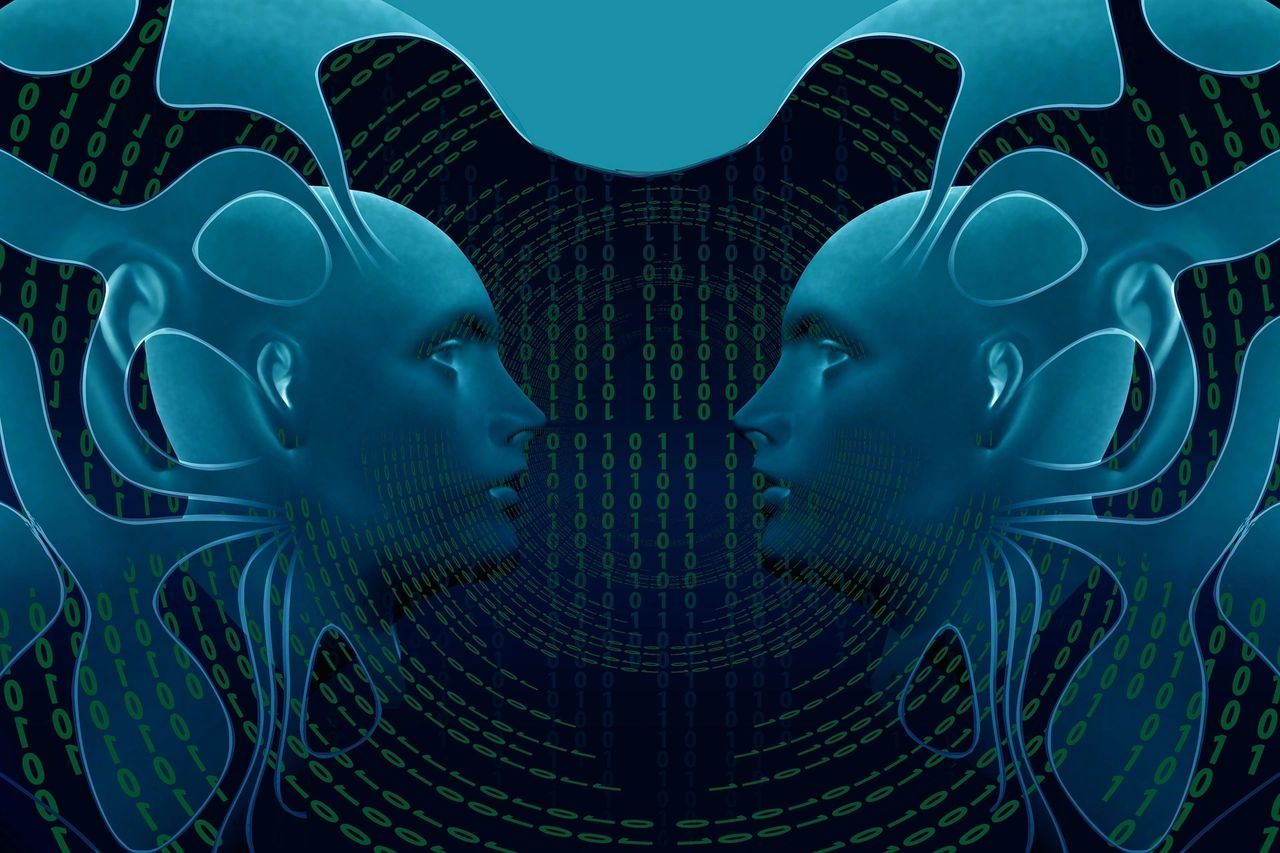My friend Sam is an easy-going guy who loves to crack Borat jokes and smoke cannabis. In the four years that we’ve worked together, he is who I call when I need a laugh or a sympathetic ear, and often he’ll break out his guitar over Zoom to play my favourite 90s tune (Counting Crows’ Mr. Jones). He is an athlete, an intellectual, and – surprisingly for a weed-pro jock – a staunch conservative.
Sam is Jewish. Born in Toronto to an Israeli father and Czechoslovakian Jewish mother, he married a stunningly beautiful Israeli woman and has three adorable and outrageously energetic boys.
While he is not Orthodox, he is dedicated to his faith and culture, and when discussing his community and heritage, he is anything but easy-going. As one can imagine, he is shaken by the current situation in Gaza.
As a white Canadian woman, I have little to say of eloquence or edification on the ongoing Israel and Palestine conflict. I will say that this past weekend in Toronto, a Jewish man was swarmed by a group of pro-Palestine protesters.
Earlier today, a Facebook friend posted her support of Israel, and someone responded with a picture of a donkey defecating on the Israel flag. Recently, Sam’s wife had her Instagram account attacked by trolls and has since had to abandon it.
While I do not pretend to understand the source of this hatred, it has bled into my seemingly peaceful community, and I am shocked.
I called Sam yesterday to express my sympathies, and his response was both measured and dejected. “It’s nothing new, Nadine,” he told me calmly, “Jews have always been hunted.”
I had forgotten all about the text message he received last year about the active shooter nearby his children’s school, or the lockdown school drills his five-year-old twins must practice several times a year. Or the hate, the threats, and literal violence his community regularly receives.
Over the years, I have playfully rolled my eyes at Sam, his passion and zeal at times out of place in our laid-back workplace. I sometimes saw him with a chip on his shoulder, perhaps even exaggerating the plight of his people. I mean, I get the holocaust, but come on, Sam!
Oh, how wrong I was. And how very typical of me, judging from the safety of my white entitlement.
The Legacy of Trauma
Trauma is a general term applied to an experience out of one’s control that causes one harm – be it physical, mental, or emotional. It can be significant, such as losing a loved one in a car accident, or minor, such as a fender bender.
We may feel anger or even rage, confusion, disorientation, or deep mistrust, and may begin to suffer from anxiety and difficulty sleeping. If left alone, trauma can develop into post-traumatic stress disorder (PTSD) or complex PTSD.
While on an academic level I can understand trauma, I had not considered the impacts of generational trauma, and even less, its impacts on my friend. Trauma can carry a legacy, where parents inadvertently pass their struggles along to their children.
Generational trauma is defined as “a traumatic event that began decades prior to the current generation and has impacted the way that individuals understand, cope with, and heal from trauma.” (Source).
It is not hard to find trauma in Sam’s background. All four of his grandparents were Holocaust survivors. His grandfather served in the army in WWII, and later fled to Germany to liberate his father. Both sides of his family lost countless people.
Members of his family were imprisoned in the famous prison camp Auschwitz and other lessor known camps like Dachau. Sam’s mother was born following the war in Soviet-controlled Czechoslovakia, where her father was jailed following the Holocaust for being a Jew. His father’s father settled in Israel, where he soon fought in the War of Independence.
While arguably the world is a better place these days, he still faces discrimination and harassment. He has learned to steel himself towards the world, his back rigid, preparing for the worst – like his ancestors, from ancient Egypt to the mid-20th century, and to those relatives facing conflict today.
When ignorant coworkers and friends tease, Sam patiently ignores, knowing they’ll never understand his general, palpable unease. Will he ever feel safe in this world? Will his children?
While I can offer little solace to him or anyone facing intergenerational and legacy-based trauma, I can say that I will endeavor to understand more. I may not understand, but I will lend an empathic ear and hold your hand, and above all else, educate myself on your struggles.
Most of all, to Sam and to all those who face the legacy of oppression, conflict, and marginalization, I will not judge. I will talk less and listen more.


